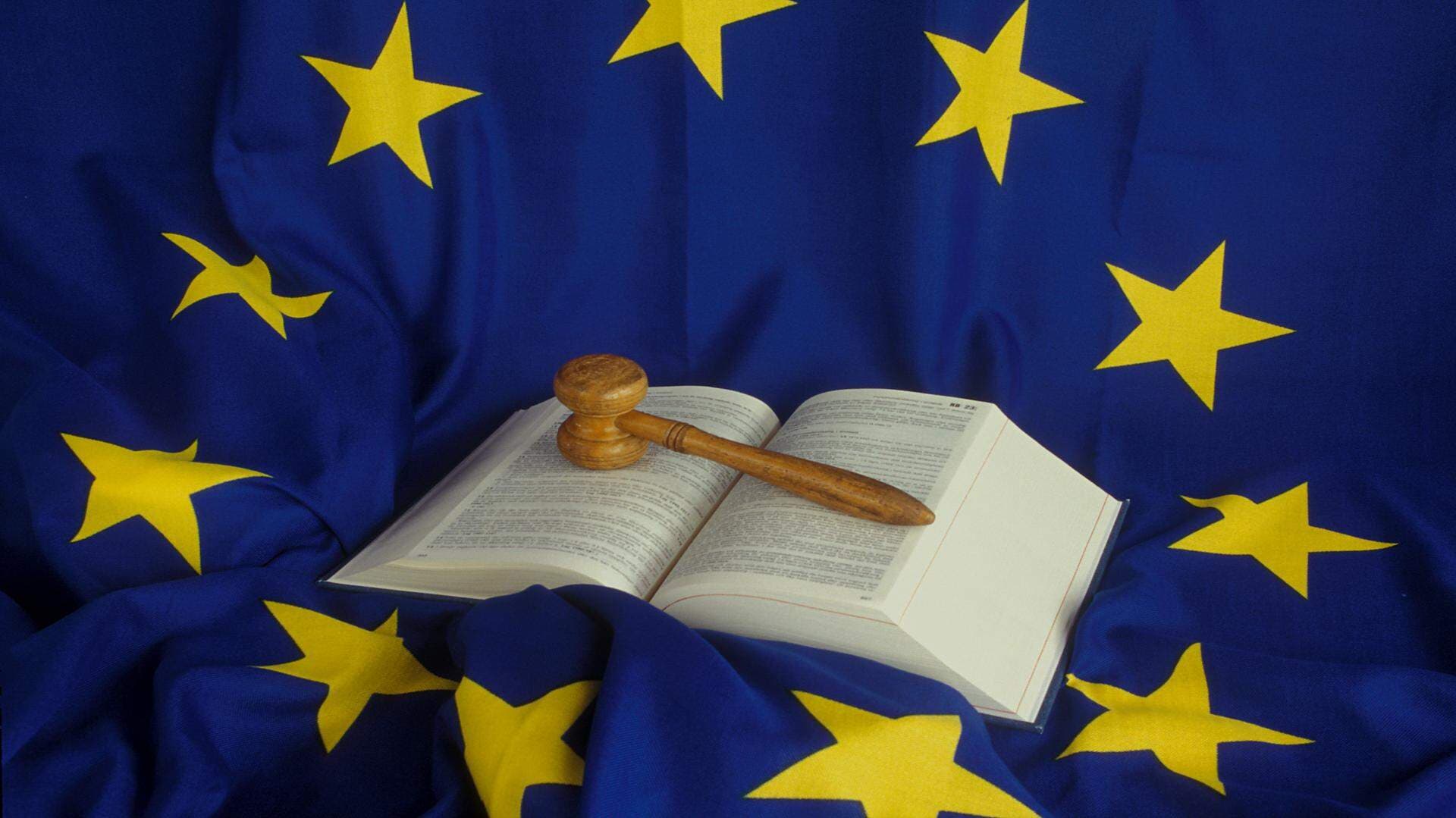When perfect becomes the enemy of good
A large legal experiment is about to be launched in the EU, one which will directly and indirectly affect most European businesses. Although international guidelines have been around for many years - and there are numerous examples of sectoral or national rules - this is by far the most far-reaching binding due diligence rules to date. The aim is to make companies take greater responsibility for their impact on the environment and on human rights, not only for their own operations but also for the entire value chains of which they are a part. Companies that fail to identify, minimise or terminate such impacts may be fined and sued in court for damages. The initiative, known as the Corporate Sustainability Due Diligence Directive, is currently going through the final stages of the legislative process and may be adopted before the end of the year.

At first glance, this seems a brilliant idea. Alternative approaches for promoting more-sustainable behaviour, such as negotiations between countries in international fora or in trade agreements tend to be slow in yielding results. Indeed, many of our trading partners do not even agree on how conventions and other standards in the human rights or environmental fields should be interpreted. To use companies to put pressure directly on other economic actors in the value chain would appear to be a much more effective method.
Furthermore, most companies are already working hard to improve the sustainability of their supply chains. This is not because they have suddenly turned into charity institutions, but rather because they understand that sustainability needs to be an integral part of their business if they want to maintain their long-term competitiveness.
So what is the problem? Who doesn’t want to make sure that the clothes you buy are not having a negative impact on the environment or human rights? Or that the legal rights to compensation for victims of abuses along a product’s value chain are improved?
In a word, ‘Overreach’.
This proposal covers the entire value chain, from raw material to a customer’s end-use or disposal of a product. However, modern value chains can be likened to constantly changing large ecosystems, with many thousands of economic actors involved globally. It should not be difficult to realize that it is impossible for most companies to gain and maintain a full overview of, or control over, all those involved.
In addition, to define which negative impacts on the environment or on human rights that companies should be liable for, there is reference made to a number of international conventions. Typically, these are loosely worded documents written to be applied by States and thus are subject to differing interpretations.
The resulting uncertainty about the responsibilities of companies, and where the liability ends, risks an outcome where European companies will avoid engaging with those areas of their value chains where there are human rights or environmental problems. In other words, they will leave those relationships or markets, despite being the places where their positive impact could be the greatest.
The aggregate negative effects on trade and global sustainability could be quite substantial. In addition, there are other problems with the current proposals, such as detailed and complicated procedural rules, provisions relating to directors’ duties and remuneration and the opportunity for Member States to make more stringent national rules. All of these lessen the prospects of a fit-for-purpose legislation.
Harmonised rules, a shorter set of clearly defined obligations and legal liability limited to direct business relations in the supply chain may, to many, sound like a far too modest approach. However, with contractual demands passed on along the supply chain and with companies’ market driven incentives to go further than what is legally required, it is likely to be more effective in achieving real results. In this case, less is more. EU legislators should pay close heed.